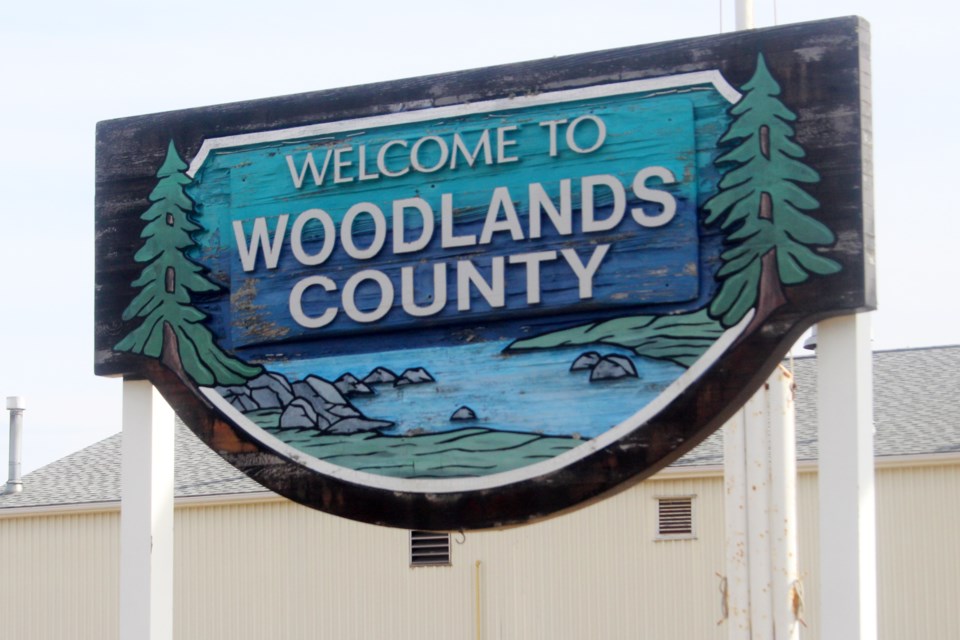Woodlands County, said that in presenting this bylaw to council, administration was trying to find a balance between “what is right and what is necessary.”
Bourbeau stressed that the county relies on taxes coming in by June 30 to sustain operations throughout the rest of the year, as well as the first part of the new year.
“While I’m sure we all agree that providing additional time for ratepayers to pay their taxes without penalty is the right thing to do, the extension to pay without penalty could potentially negatively impact the county’s cash flow if the majority of our ratepayers decide to delay their payment obligations,” she said.
As such, the due date for property taxes within the bylaw remains June 30 so that administration could look at possible incentives to encourage ratepayers to get their taxes in by the usual deadline.
Whitecourt East Coun. Jim Rennie said he had received a call from a local businessperson who shared her thoughts on pushing back the date when penalties would be levied on unpaid taxes.
Her thought, basically, was that no one would pay their taxes early when they had the option of doing so at a later time, especially when they have no idea what the economy will look like in the months ahead.
“I have to agree with her on that when she said that: I don’t know why anybody would pay early unless we were to ask for some kind of incentive,” he said.
Rennie then echoed comments made by mayor John Burrows at the April 22 meeting where he pointed out that operating on a line of credit would result in more expenses for the county down the line.
Noting that the 2020 operating budget called for a three per cent increase in property taxes this year, Rennie had suggested during the April 22 meeting that they introduce an incentive exempting anyone who pays their taxes by June 30 from the three per cent increase.
Anselmo Coun. Kusch agreed with Rennie, adding that if people have the option of not paying their taxes until the end of November, they’re going to do that “because nobody really knows what’s coming.”
Blue Ridge Coun. Bruce Prestidge asked if there was a possibility of offering a payment plan to residents who wanted to pay their taxes in installments. Bourbeau indicated they already have a payment plan in place and a number of ratepayers are signed up for that.
Whitecourt Central Coun. Ron Govenlock argued that imposing a catch-all incentive could be detrimental to the county, as not all ratepayers were affected by the COVID-19 pandemic to the same degree.
For instance, Govenlock noted that the forest products companies that operate in Woodlands “had no impact on their operations whatsoever,” and a reduction in their taxes was essentially a “give-away.”
Govenlock also pointed out that approximately four per cent of their budgeted revenue would come from late penalties, which would equate to roughly $800,000 within a $20 million budget.
While the county had been very conservative in estimating its revenue from penalties this year, Bourbeau acknowledged that a “considerable amount” of their revenue came from penalties.
Rennie later suggested that an incentive could possibly be tied to the income levels of ratepayers to avoid giving away money to certain companies.
In the end, councillors voted unanimously to pass all three readings on the amended bylaw, and administration will be returning with options for a possible incentive to the council meeting on Tuesday, May 5.

.jpg;w=120;h=80;mode=crop)

